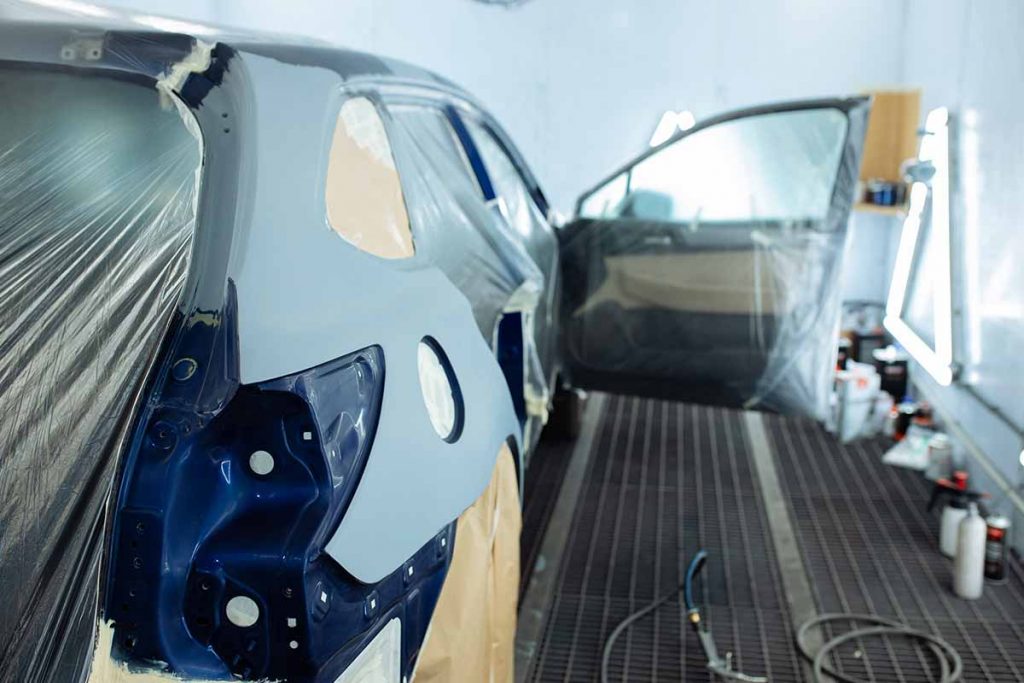Handling and Preventing Improper Collision Repairs
The collision industry is quickly evolving, so naturally, more frequent and thorough inspections around the country are revealing improper repairs more than ever. Chances are, less than perfect repair methods and procedures have been used in the past as well, we just didn’t have the means to uncover them so quickly.
Today, we have a wide network of unbiased appraisers using a complex array of advanced tools to spot and remedy subpar collision repairs. As we come across these issues, here are a few effective ways to address them and possibly prevent them in the future.
Understanding post-repair inspection
Licensed inspections should be performed by I-CAR, ASE, and manufacturer-certified experts who know the ins and outs of the vehicles they’re evaluating. What’s essential to note here is that many customers don’t even realize they are entitled to an initial, yet thorough visual inspection of the repair, at no cost.
If they uncover substandard repairs, then the inspector would normally offer an even more detailed inspection at a price. Then it’s up to the customer to choose whether or not to invest in further evaluation of the repair.
Raising awareness
The need to educate customers and the public on their rights is more relevant than ever. It’s up to repair professionals, licensed inspectors, as well as manufacturers and insurance companies to ensure transparent policies and manage customer expectations clearly.
By raising public awareness on the safety of correct collision repairs, we will be one step closer to a more responsible industry with fewer instances of subpar repairs and litigations to which they lead. More often than not, car owners don’t know which questions to ask in order to learn about the safety of their post-accident repairs – this is why educating the public continuously is crucial.
Certifications and licenses are crucial
It’s no longer enough for the repair technicians to be officially qualified to do the work. Both repair techs and inspectors need to have the right level of industry and manufacturer certifications in order to do the work properly and protect every customer’s safety. On one hand, a licensed, certified inspector adds a layer of safety to the repair process, while on the other hand, it keeps independent body shops on their toes to keep the quality of their work top-notch.
Fostering strong bonds with insurance companies
Insurance companies also play a crucial role in this process. Collaborating with body shops that provide high-quality (as opposed to purely affordable) work means elevating industry standards and reaching customer expectations easier, from day one.
Simply put – if a shop wants to find itself on the list of manufacturers, as well as insurance recommended shops, they ought to hire only the finest technicians, use the best equipment, and of course, align their practices with the appraisal process, too.
Building a safety-first mindset
Improper repairs affect everyone: the industry as a whole and its effectiveness, the manufacturers, the repair shops, and most importantly, the customers who unsuspectingly drive away in their cars.
Even though not all manufacturers require third-party appraisals, and such evaluations aren’t legally mandatory for every repair – the goal should be to build transparency and a safety-first mindset among everyone involved.

